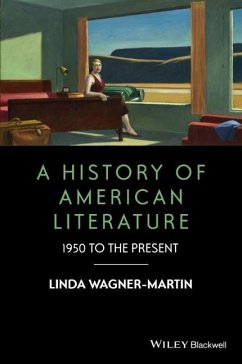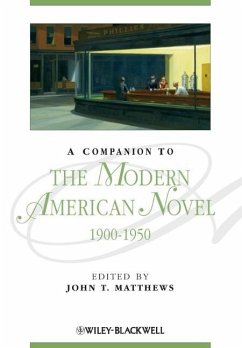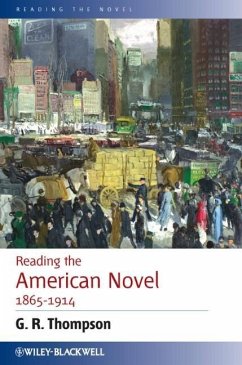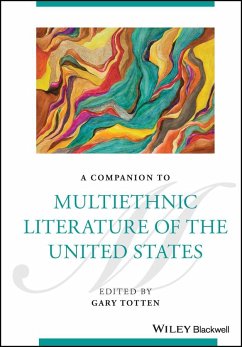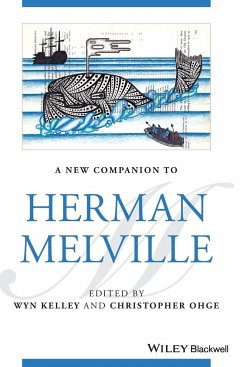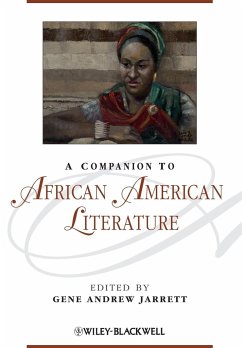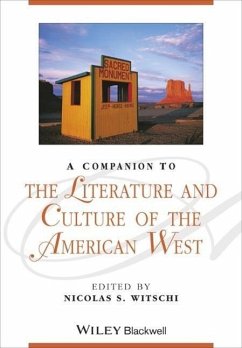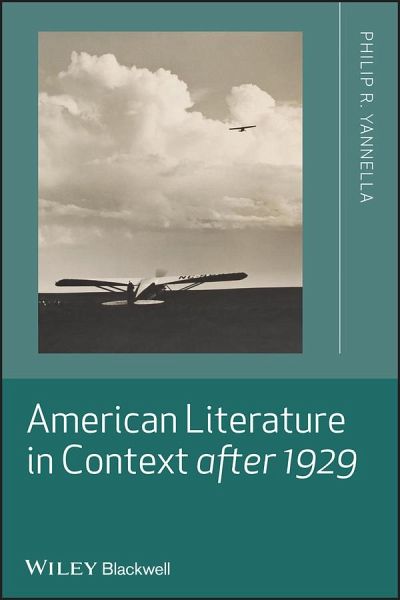
American Literature in Context After 1929

PAYBACK Punkte
11 °P sammeln!
This book situates American literature from the Great Depression tothe present day in its historical context Explores the issues that engaged American writers from1929 to the presentDraws on a range of documents from magazine and newspaperaccounts to government reports and important non-fictionThe book covers political ferment of the 1930s; post-World WarII anti-Communism; post-War affluence; suburbanization anddemographic change; juvenile delinquency, mental illness and theperception of the U.S. as a "sick" society; andpost-1965 immigrationDesigned to be compatible with the major anthologies ...
This book situates American literature from the Great Depression tothe present day in its historical context
Explores the issues that engaged American writers from1929 to the present
Draws on a range of documents from magazine and newspaperaccounts to government reports and important non-fiction
The book covers political ferment of the 1930s; post-World WarII anti-Communism; post-War affluence; suburbanization anddemographic change; juvenile delinquency, mental illness and theperception of the U.S. as a "sick" society; andpost-1965 immigration
Designed to be compatible with the major anthologies ofliterature from the period
Equips students and general readers with the necessaryhistorical context needed to understand the writings from thisperiod and provides original and useful readings that demonstratehow context contributes to meaning
Includes a historical timeline, featuring key literaryworks, American presidents, and historical events
Explores the issues that engaged American writers from1929 to the present
Draws on a range of documents from magazine and newspaperaccounts to government reports and important non-fiction
The book covers political ferment of the 1930s; post-World WarII anti-Communism; post-War affluence; suburbanization anddemographic change; juvenile delinquency, mental illness and theperception of the U.S. as a "sick" society; andpost-1965 immigration
Designed to be compatible with the major anthologies ofliterature from the period
Equips students and general readers with the necessaryhistorical context needed to understand the writings from thisperiod and provides original and useful readings that demonstratehow context contributes to meaning
Includes a historical timeline, featuring key literaryworks, American presidents, and historical events



